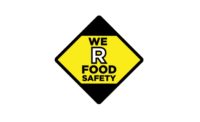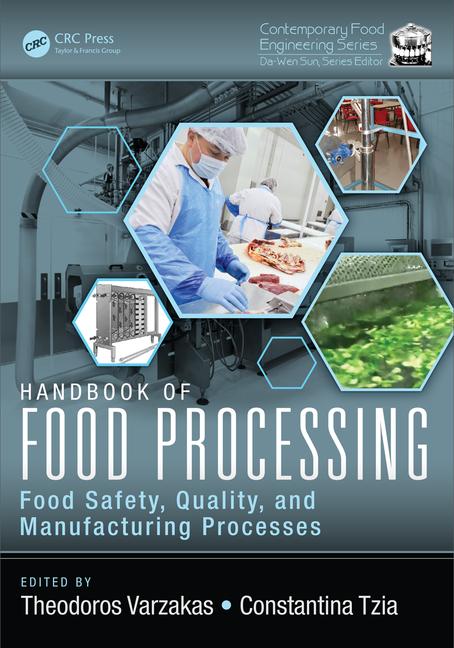
For some time now, editors ofSnack Food & Wholesale Bakery, along with countless other members of the media, have been reporting on food safety and the recent Food Safety Modernization Act (FSMA), which was signed into law by President Obama on Jan. 4. The Food and Drug Administration (FDA), Washington, D.C., claims that it continues to “move forward in its efforts to protect the nation’s food supply.” But is this really happening?
The revised FSMA gave FDA a mandate to implement a system based on science, and addresses food safety hazards from farm to table. The agency has already strengthened a number of protections, including providing consumers with more information about recalled foods and other specific goals, such as preventing the smuggling of food into the United States and others to ensure that all new ingredients in dietary supplements are safe for consumers.
On FDA’s website, www.fda.gov, Michael Taylor, FDA’s deputy commissioner for foods, says “this new system will better leverage the resources of federal agencies, and it will make industry a major partner in safeguarding the health of U.S. consumers.” But, in your opinion, is the new system accomplishing this?
Bakers and snack food producers across the country have been implementing new practices and initiating new record-keeping procedures with regard to food safety well in advance of the new mandates, in order to stay ahead of the curve.
FDA now has the authority to prevent the distribution of unsafe food by suspending the registration of processing facilities, so food producers must be registered with FDA to market their products in the United States. FDA says that registration could be suspended if the food processor not only fails to produce safe foods, but also takes no measures to keep those foods from reaching consumers. In addition to preventing their distribution, the processor of unsafe foods would be expected to investigate what went wrong and take steps to prevent a recurrence. If this is not done, FDA says it “will step in.”
To prevent these things from happening, facilities must devise written preventive control plans that clearly outline potential safety problems and the steps to be taken to avoid or minimize the likelihood of these hazards from occurring.
The bakery and snack associations do a great job of coordinating with FDA on various aspects of the act and assist manufacturers with concerns. On July 25, the American Bakers Association, Washington, D.C., AIB International, Manhattan, Kan., and several others met with Taylor and his team to discuss key issues related to the implementation of FSMA. As FDA develops FSMA standards and implementation strategies, it wants to tap industry expertise and establish an interactive exchange focused on preventative controls, imports and inspection and compliance. For example, ABA recently filed a citizen petition to exempt from compliance or modify requirements for facilities that are solely engaged in the storage of packaged foods not exposed to the environment.
Already, FDA has had setbacks in regard to the FSMA, and recently estimated the cost of implementing the FSMA at $1.4 billion over five years. Last month, it stated that it plans to implement “re-examination” fees under the act, collecting a fee from importers for a re-inspection/re-examination of an imported food if there’s any identified failure to comply with a requirement materially related to food safety. This in effect changes how FDA defines “examination.” What’s next?
Funding for the bill has been a sticky issue, as some legislators question whether the agency actually needs more funding, mainly to pay for greater authorities granted to it by the new legislation, such as ordering product recalls and more frequent inspections of food facilities. And some of the Republicans from the House of Representative have proposed a $285 million cut to FDA funding in fiscal 2012, 11.5% less than 2011, even though the agency is seeking additional funds to pay for new food safety legislation.
FDA says its new web-based search engine makes it easier and faster to learn about product recalls, and it has also redesigned its web page dedicated to the food safety act-www.fda.gov/FSMA.
Are these changes working the way they were supposed to work? Is FDA accomplishing what it set out to do? What are you noticing? We hope Taylor’s assessment about the industry becoming a major partner is happening.






